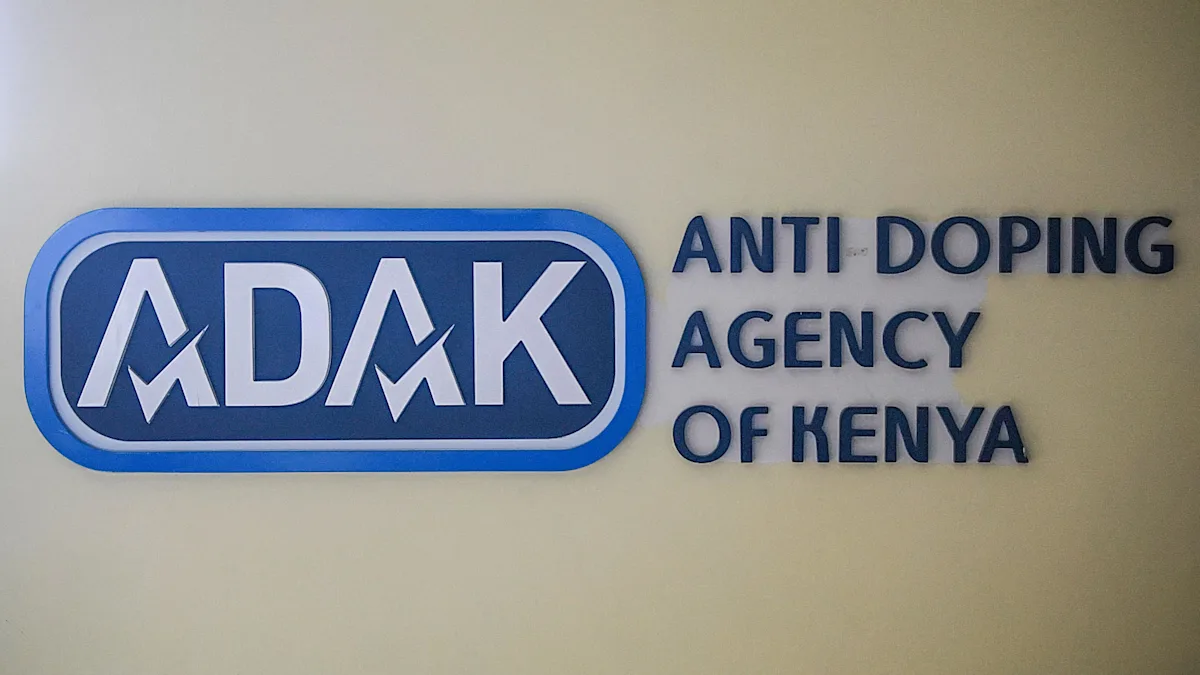The World Anti-Doping Agency (WADA) has accused Kenya’s Anti-Doping Agency (ADAK) of failing to comply with international anti-doping standards, putting the East African nation at risk of severe sanctions that could impact its athletes, officials, and sporting ambitions. The announcement comes just days before the start of the World Athletics Championships in Tokyo, drawing renewed attention to doping scandals that have plagued Kenyan athletics in recent years.
In a statement released on the eve of the championships, WADA revealed that ADAK had failed to meet “several critical requirements” identified during an audit conducted in May last year. WADA’s executive committee, acting on recommendations from its independent compliance review committee, formally declared ADAK non-compliant. The decision will take effect on 2 October—after the conclusion of the World Championships—unless ADAK challenges the ruling within 21 days of receiving the notice.
If the decision is upheld, the consequences for Kenya will be far-reaching. ADAK would lose all privileges under WADA, including access to funding, technical support, and participation in agency programmes. Kenyan representatives would also be banned from holding positions on WADA boards or committees. Furthermore, Kenya would be prohibited from bidding for or hosting regional, continental, or global sporting events during the period of non-compliance. This would be a major blow to the country’s ambitions, as Kenya is preparing bids to host either the 2029 or 2031 World Athletics Championships after narrowly missing out on hosting the 2025 edition.
The crisis highlights the growing concerns around doping in Kenyan athletics, an issue that has already tarnished the nation’s reputation as a global powerhouse in long-distance running. In 2025 alone, the Athletics Integrity Unit (AIU) has banned 19 Kenyan athletes, with six others provisionally suspended since January. Among those provisionally suspended is Ruth Chepngetich, the women’s marathon world record holder, further underscoring the scale of the problem.
Adding to the controversy, Kenya’s marathon sensation Sebastien Sawe, the fastest man in the world this year and winner of both the London and Valencia marathons, voiced frustration on Thursday, describing doping as “a cancer” that is destroying the credibility of Kenyan athletics. Sawe emphasized his own rigorous testing regimen with the AIU, but admitted that the problem has reached alarming proportions.
Kenya’s non-compliance issue coincides with another high-profile doping-related case in East Africa. Ethiopian middle-distance runner Diribe Welteji, a rising star who won silver in the 1500 metres at the World Championships in Budapest two years ago, has been provisionally suspended by the Court of Arbitration for Sport (CAS). The decision followed an appeal by the AIU after Ethiopia’s Anti-Doping Authority initially cleared Welteji of charges related to refusing or failing to submit a doping sample in late August. CAS ruled in favor of the AIU’s request, declaring that Welteji will remain suspended until the arbitration process concludes, effectively ruling her out of the upcoming World Championships.
The dual controversies cast a shadow over the East African athletics community, once celebrated as the cradle of distance running excellence. For Kenya, the looming WADA sanctions threaten not only the country’s international reputation but also its ability to leverage athletics for global prestige and economic benefit. Meanwhile, Ethiopia faces fresh scrutiny over its anti-doping enforcement, raising concerns that doping scandals could undermine the legacy of two of Africa’s greatest athletics nations.
As the athletics world turns its attention to Tokyo, both Kenya and Ethiopia find themselves at the center of global headlines not for their legendary performances on the track, but for the integrity of their anti-doping systems. The coming weeks will determine whether Kenya can successfully challenge WADA’s ruling or face unprecedented sanctions, while Ethiopian fans anxiously await the outcome of Diribe Welteji’s arbitration case.













Leave a comment